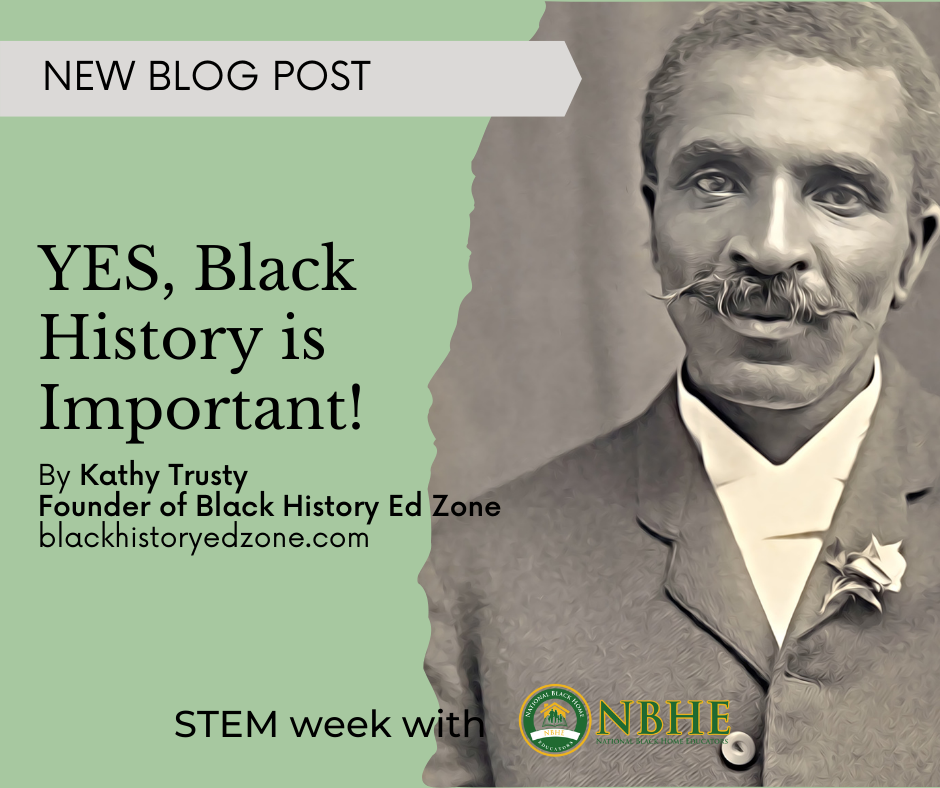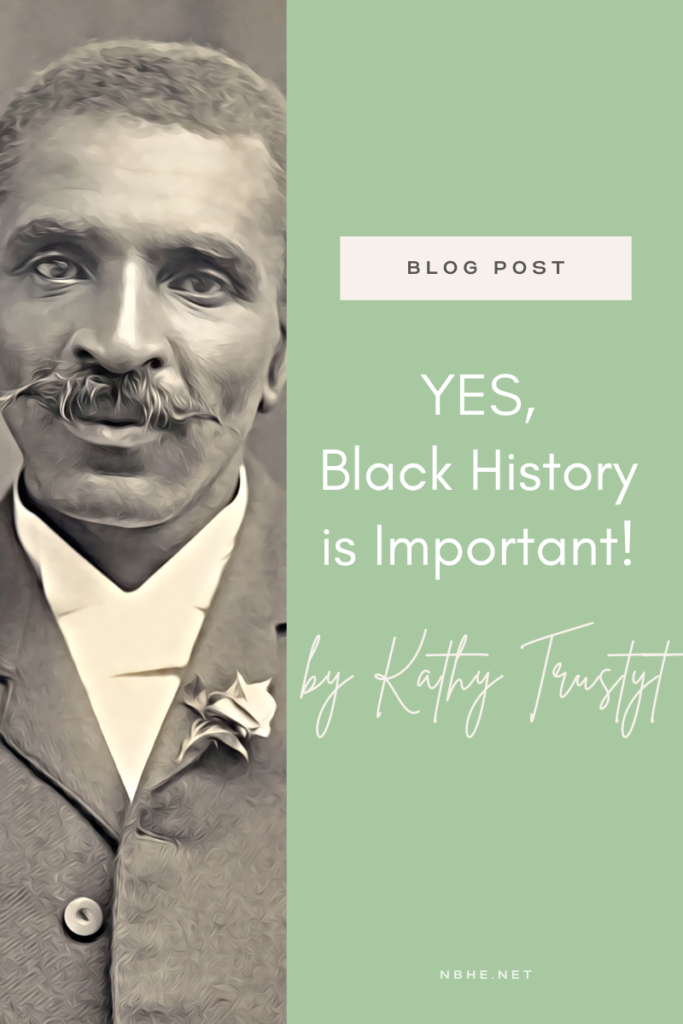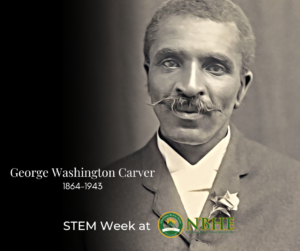
Yes, Black History Is Important!
YES, Black History is Important!
Several years ago, when I lived in Paterson, New Jersey, I received a grant to document the history of African Americans in the city. That is when I became keenly aware of the contributions Black Americans made to the development of this nation, and how lacking my education had been.
Black Americans are an integral part of the fabric of America. We have a rich history of great achievements and accomplishments. Scores of things that all Americans enjoy today would not be possible without Black Americans. That history needs to be told and it is important that it be told.
Black history is both motivating and inspiring. When Black students learn about the accomplishments and struggles of Black Americans it shows them what they can achieve, if they work at it. Moreover, it will motivate them and give them the strength to navigate life’s challenges and obstacles thrown in their way.
After I completed my research on the history of African Americans in Paterson, I began going into classrooms to share what I had learned. Students, at all grade levels were extremely interested, eager to participate in discussions, and excited to learn this history that was not being taught in the classroom.
Since that time, I have been working to make sure Black students know their history and the stories of Black men and women who helped build and shape this nation. I have also been working to make it easy for educators to include Black history in the curriculum.
As a lover of history and Black history educator, I am happy to be a contributing writer for the National Black Home Educators’ Blog. Each month I will feature a person, place, or event that is important in the history of Black Americans, which I hope the NBHE audience finds enlightening and inspiring.
In this, my first article I am featuring Dr. George Washington Carver (c.1864-1943).
We all know Dr. Carver as the inventor who made hundreds of products from peanuts. I have learned that he was so much more. He was also an agricultural scientist, a researcher, and an educator.
When Carver was a young boy, he began experimenting with soil. He was soon an expert at making plants grow. When local farmers had problems growing food in their gardens, they often turned to young Carver for help. They called him a “plant doctor.”
By the time Carver graduated from Iowa State Agricultural School with a degree in botany, his knowledge of plants and his research were well known. He was highly sought after by institutions from around the world. Dr. Carver wanted his knowledge and expertise to benefit Black farmers, so he accepted a position with Tuskegee Institute, an historically Black college in Tuskegee, Alabama.
Cotton was the main crop planted by Black farmers in Alabama. They had been planting and harvesting it for years. Suddenly the cotton ceased growing, and they did not know why.
Dr. Carver introduced them to the system of “crop rotation.” He helped them understand that soil nutrients were depleted because they planted the same thing in the same place year after year.
He suggested they plant peanuts one year to give the soil time to restore its nutrients. It was great advice. However, it created another problem. The peanuts grew so well it created a surplus. The farmers ended up with more peanuts than they could eat or sell.
Carver began experimenting to find other uses for peanuts and discovered that more than three-hundred products could be made from them including milk, cream cheese, instant coffee, cooking oil, face cream, paper, plastic, linoleum, dye, and wood stains. Peanut butter was not one of them (the invention of peanut butter is sometimes wrongly attributed to Carver).
During World War I he collaborated with Henry Ford, the auto manufacturer. Together they developed synthetic rubber out of peanuts for use in the military.
In 1921 Dr. Carver represented the Peanut Growers Association and testified before Congress in support of a tariff to keep imported peanuts out of the country. He later became an official collaborator with the United States Department of Agriculture (USDA), a position he held for seven years.
Today the United States is the third largest producer of peanuts in the world, and that is due to the work of George Washington Carver.
You can learn more about Dr. Carver and other Black inventors in my book, Black Inventors: 15 Inventions That Changed The World. https://blackprops.blackhistoryedzone.com/product/black-inventors-15-inventions-that-changed-the-world/
You can also learn more about him at the United States Department of Agriculture. https://www.nal.usda.gov/exhibits/ipd/carver/

Kathy Trusty is the founder of Black History Ed Zone, a Black history education company. Its mission to make it easy for teachers parents to include Black History throughout the school year.
This content is restricted to site members. If you are an existing user, please login. New users may register below.

